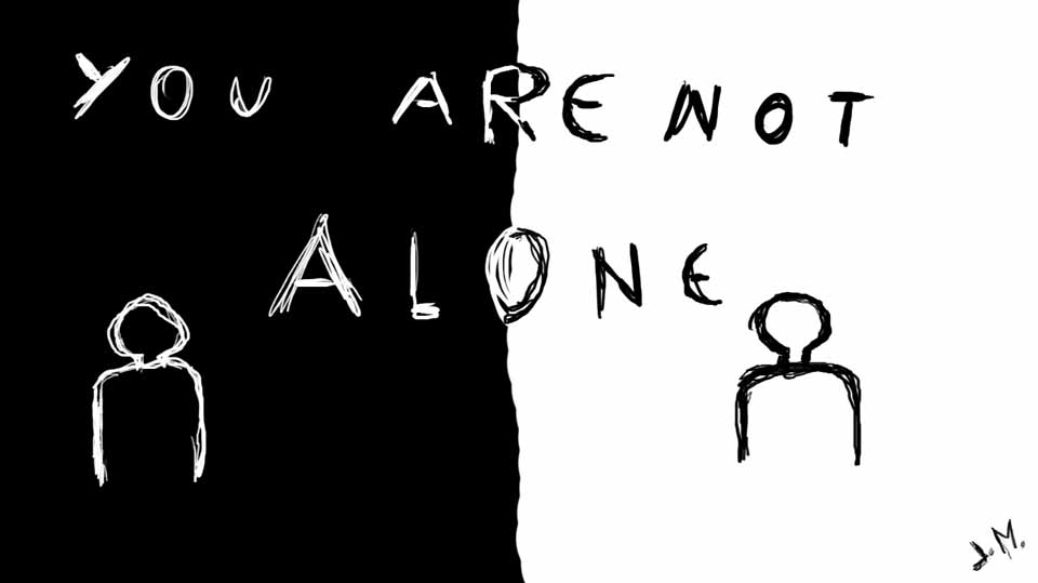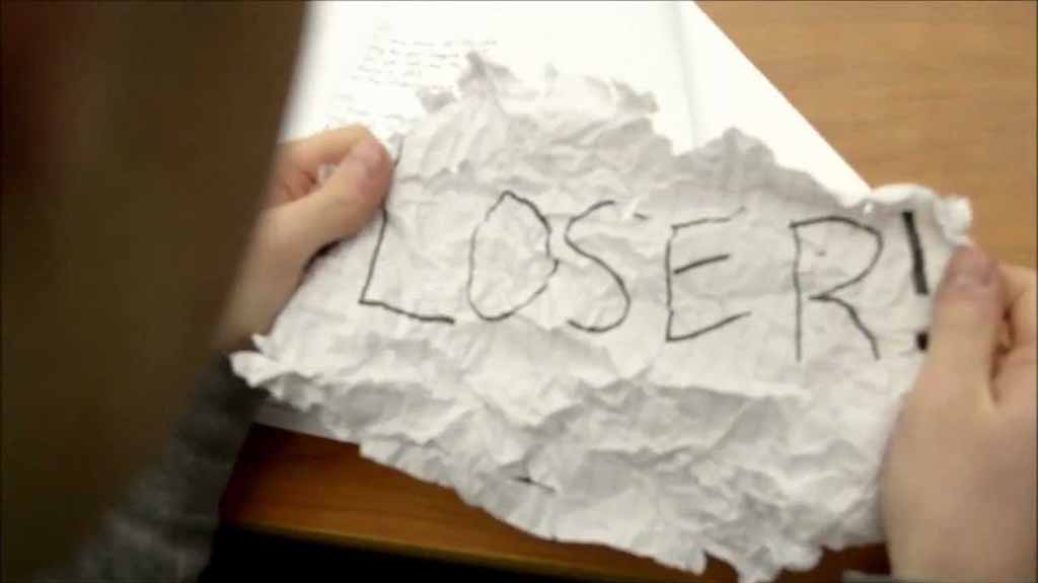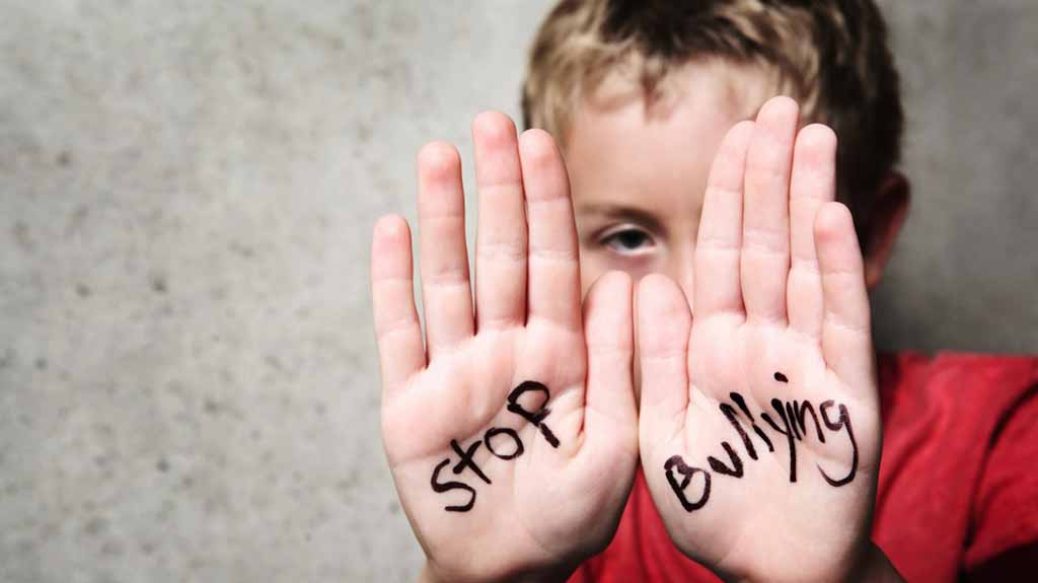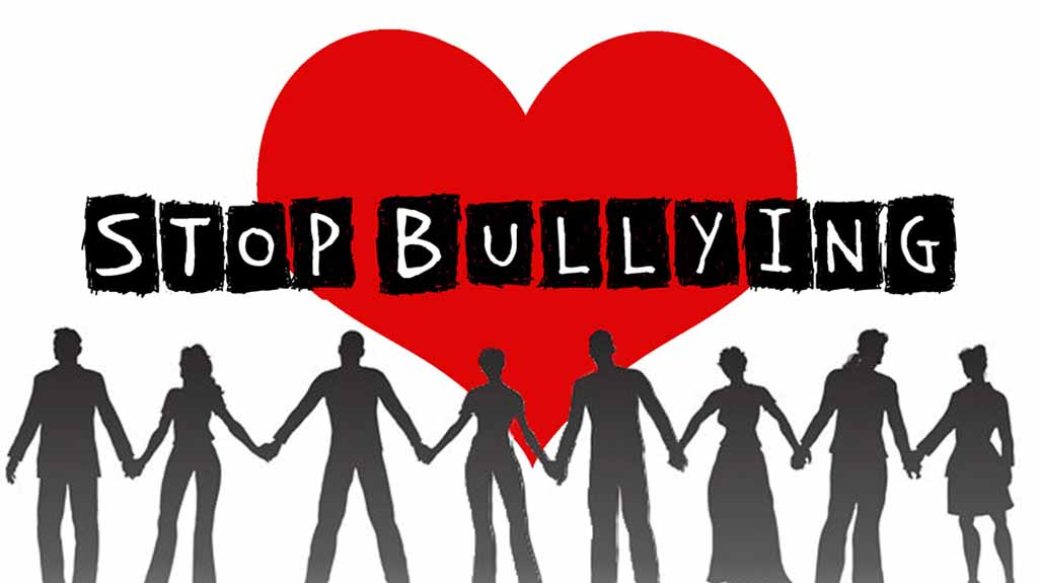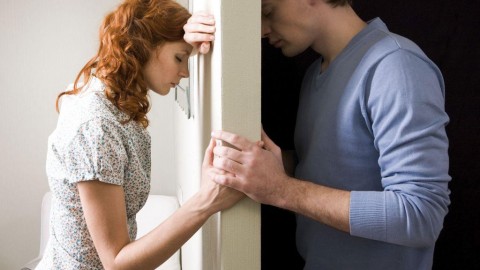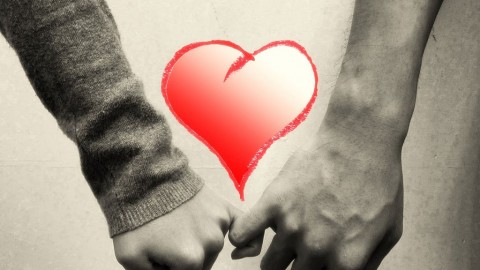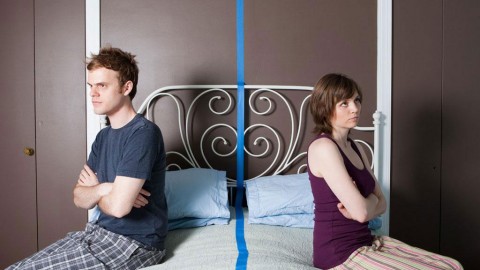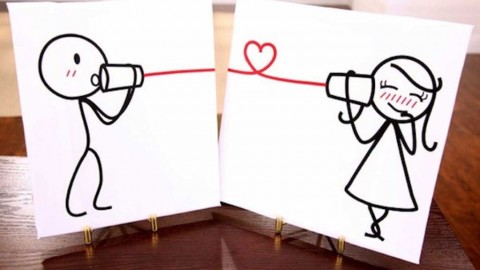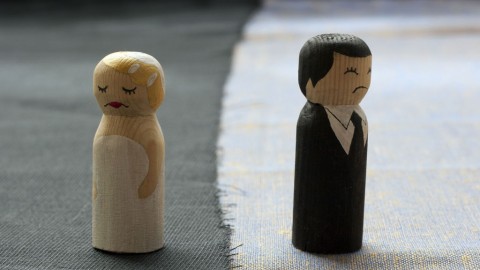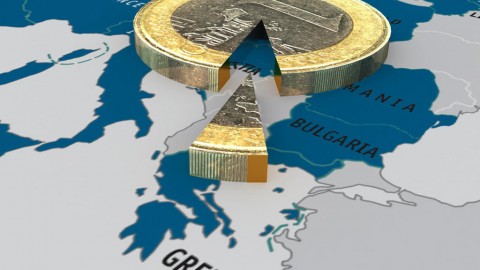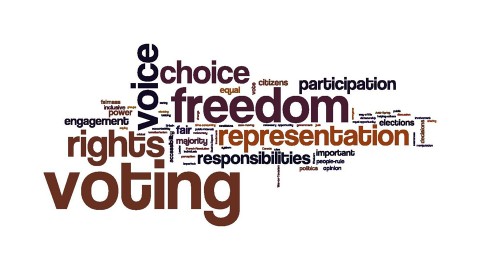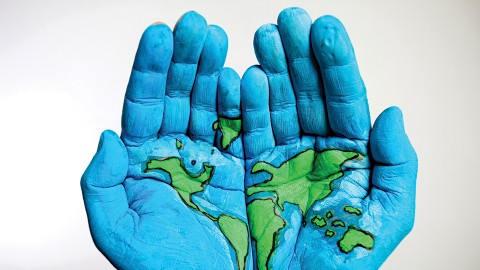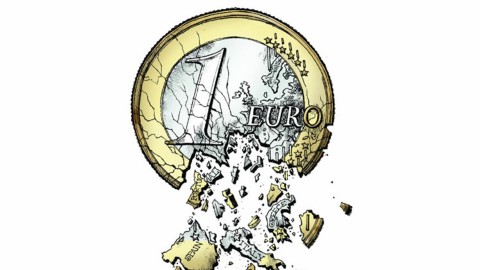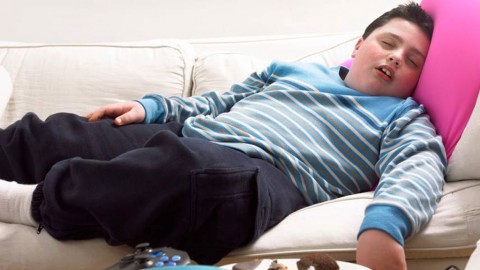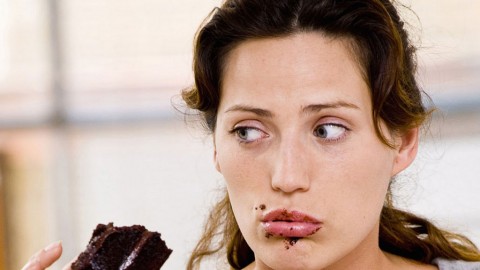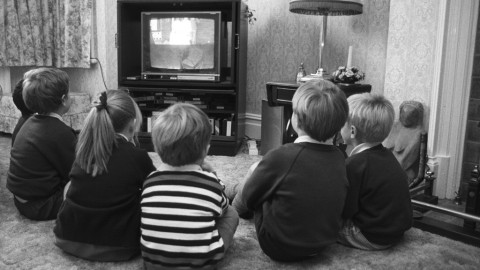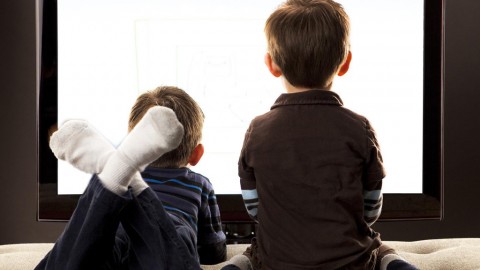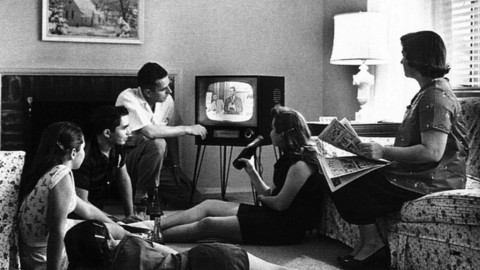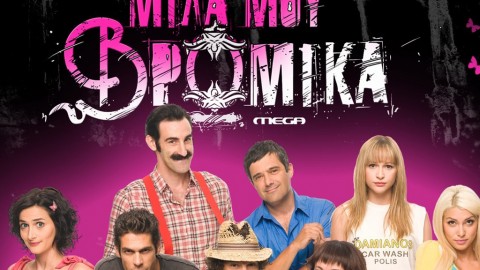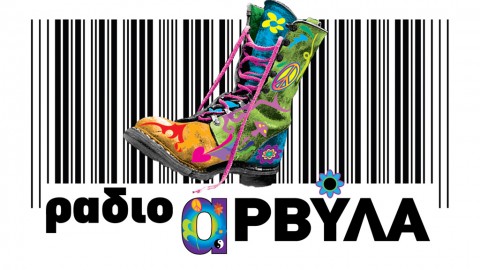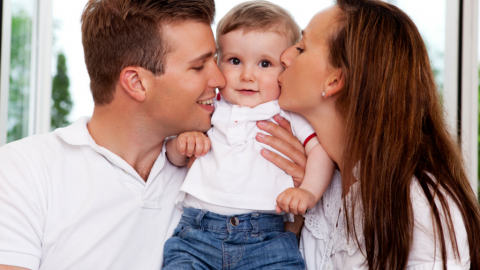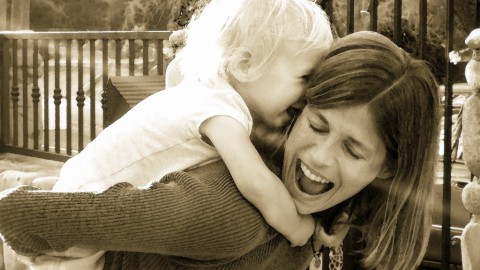On account of the recent disappearance of student Vangelis Giakoumakis (a young man from Rethymno studying dairy farming in Ioannina), there is plenty of talk in which the dominant term is new for the majority of Greeks; a term deriving from the relevant international bibliography: bullying. Bullying is described as the systematic exercise of psychological and/or physical violence by children or teenagers in the wider context of school.
Yet we could say that this phenomenon is not new as all of us, in various degrees, can remember similar instances from our schooling years. So what has changed? It is the need to show, as a society, that we do not tolerate bullying, that it is shocking, that it makes us more sensitive.
So far so good. It is a sign of maturity to be troubled over something that was once (merely a generation away) accepted – maybe even a given. The objection is on whether the ways we have been addressing the phenomenon so far are adequate and effective. Very sorry to say that, based on the result, I think not.
Discussing the issue with friends who are in the educational profession, I have learned that, these days, there is a “bullying manager” in schools: this person is one of the staff, assigned the responsibility to avert incidents of violence. Once again, sorry but I find this approach entirely superficial and insufficient. It is as if some new action has been approved, of the ESPA seminar type; or some new initiative of the “volunteering manager of Ano Petralona” kind. And so we proceed to appoint an everyday person (like the teacher next door), of dubious training (not of their own accord, naturally), to treat the consequences (alone) of a behavior with much deeper causes and origins. And, moving on, because we have other things to do. An approach of the sort “who will have the first grade this year” or “who will organize the Polytechnic Uprising festivities” or “who will undertake the action for the International Day of Persons With Disabilities” cannot be applied with the same mathematical approach to something that does not constitute yet another “action” (by the way, the term slightly annoys me as it has come to mean anything that becomes such on a fragmentary level, cut off from the rest of, living and complex, social reality in a manner completely ignorant of history).
Using the term bullying self-complacently over our milk cappuccino in our latest hangout and feeling lucky that it is not happening to one of our loved ones is not only inadequate but, in the end, it constitutes the “progressive” alibi of an inactivity that can be expressed as a denial to look deep into the problem. The critical question is what generates bullying?
Like any behavior, bullying can be reduced to the violent disposition of certain children or teenagers, who have developed as personalities with similar role-models and, naturally, with the systematic relevant tolerance of their environment (Pavlov’s dogs come to mind; or, as we say, it takes two to tango). It is not taboo to say that, unfortunately, for a big part of Greek society (more so in the province perhaps), the macho model is still very much alive. Children are still brought up on “principles” along the lines of “boys don’t cry”, “don’t get beaten; you must beat them first”, “never mind what they say, women need a slap now and then”. And I’m not even going to look into the given racism for anything “different”; from homosexuality to dyslexia and from bodily characteristics that do not conform to the average (height, weight, looks, etc.) to financial/social status.
Any sort of policy (because this too is policy) that ignores the causes (of any problem) is doomed to limit itself to a skin-deep “management” of the obvious consequences of the problem – just that. You will retort, what are we supposed to do, enter every house (violating this very convenient and “European” sphere of family sanctuary) and wave the finger at every inadequate parent? Of course not. There are other things we can do, as a society, as a whole; and I will lay out some first thoughts below:
- To stop reward through our stance toward or tolerance of this “coolness” in all its facets (from politics to human relations),
- To protect in advance any fellow human being in danger of becoming a victim of violence in the best possible way depending on the circumstances (e.g. in the context of school, by assigning to “unpopular” children activities that project their abilities and lift their status, etc.),
- To show zero tolerance to any form of violence, verbal violence included, so that any person perpetrating violence would be shamed instead of feeling cool about it (along the lines of “racism for racists”),
- To learn how to discuss stably, soberly and without prejudice on every level (at home, at school, at work), using reason and arguments; and this should not be viewed as a weakness that can be used against someone, and
- To rid ourselves from a series of prejudices that torment us, having sat comfortably in our collective unconscious for ages (from the “natural” inferiority of women to the charm of supernatural biceps), and which constitute proof, among other things, of extreme mental laziness and a denial to look deep into things.
Can we redefine coolness? Can we say that it is cool to embrace the different – that which is not convenient and we are not used to? Maybe then we will make the first essential step to face bullying – away from superficial, “witty” and so-called modern approaches to avoid guilt.
current_Panos



